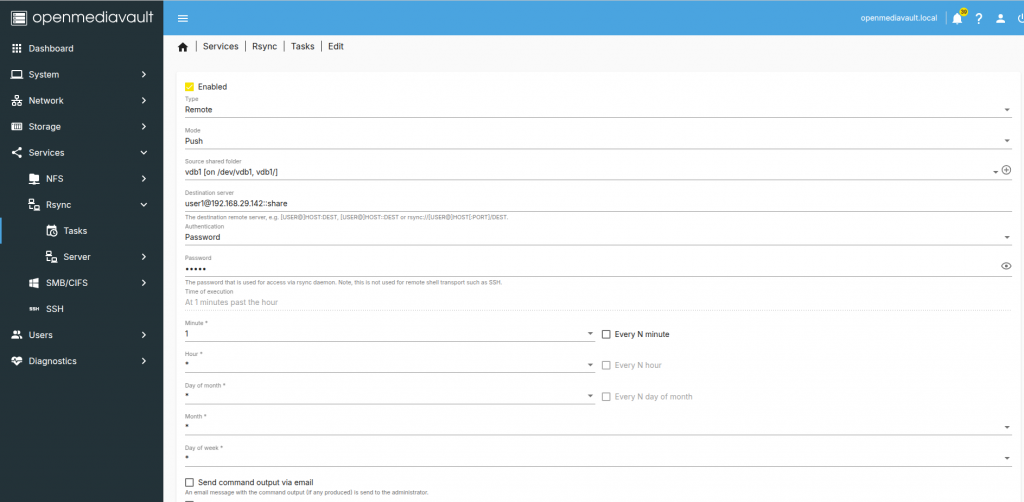- Install the pythinqconnect package
pip3 install git+https://github.com/thinq-connect/pythinqconnect.git --break-system-packages- Get PAT token generated
https://connect-pat.lgthinq.com/tokens- Get Device id
import asyncio
from aiohttp import ClientSession
# Assuming a library structure like pythinqconnect
from thinqconnect.thinq_api import ThinQApi
############## Get device ID ###############
async def test_devices_list():
# Setup your credentials and personal access token (PAT)
async with ClientSession() as session:
thinq_api = ThinQApi(
session=session,
access_token='PAT',
country_code='', # Example: US, KR, NL
client_id='your_client_id'
)
# Fetch device list
response = await thinq_api.async_get_device_list()
print("device_list : %s", response)
# Run the async function
asyncio.run(test_devices_list())- Get temp
async def get_indoor_temperature_c():
async with ClientSession() as session:
api = ThinQApi(
session=session,
access_token="PAT",
country_code="",
client_id="YOUR_CLIENT_ID"
)
status = await api.async_get_device_status(DEVICE_ID)
temp_c = status["temperature"]["currentTemperature"]
print(temp_c)
return temp_c
asyncio.run(get_indoor_temperature_c())@home:~/Downloads/c$ python3 lg.py
29.5https://smartsolution.developer.lge.com/en/apiManage/device_profile?s=1734593490507#tag/overview

